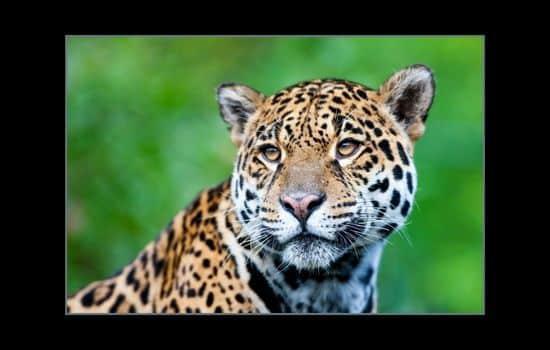Advertisements
Vertebrates are a diverse and fascinating group of animals that are characterized by having a vertebral column or backbone.
From ocean-dwelling fish to land-dwelling mammals, vertebrates have evolved to occupy a wide variety of ecological niches in ecosystems around the world.
Advertisements
In this article, we'll dive into vertebrate classification and explore the incredible diversity of these creatures with backbones.
What are Vertebrates?
Vertebrates are animals that are characterized by having a vertebral column or spine, which serves as the central axis of their body and provides support and protection to the spinal cord.
Advertisements
This diverse group includes fish, amphibians, reptiles, birds and mammals, each with unique adaptations to survive in their specific environment.
See also
Diversity of the Animal Kingdom
Vertebrates are fundamental to ecosystems, playing a variety of roles in the food chain, nutrient cycling, and population regulation.
Classification of Vertebrates
The classification of vertebrates is based on several criteria, such as their anatomy, physiology and evolutionary relationships.
Next, we will explore the main taxonomic categories of vertebrates:
1. Fish
The fish They are aquatic vertebrates that breathe through gills and reproduce through eggs.
Related Posts:
This diverse group includes a wide variety of shapes and sizes, from small tropical fish to large sharks and rays.
Fish play important roles in aquatic ecosystems as predators, prey, and regulators of populations of aquatic organisms.
2. Amphibians
Amphibians are vertebrates that spend part of their lives in water and part on land. This group includes frogs, toads, salamanders and Cecilias.
Amphibians are known for their permeable skin and ability to breathe through their skin and lungs.
They are important indicators of the health of aquatic and terrestrial ecosystems and play important roles in the food chain as predators and prey.
3. Reptiles
Reptiles are vertebrates that have scales and reproduce by laying eggs. This diverse group includes lizards, snakes, turtles, and crocodiles.
Reptiles are known for their scaly skin and ability to regulate body temperature through behavior.
They are important predators in terrestrial and aquatic ecosystems and play crucial roles in regulating prey populations and seed dispersal.
4. Birds
Birds are vertebrates with feathers, horny beaks, and bodies adapted for flight.
This diverse group includes a wide variety of shapes and sizes, from small hummingbirds to large birds of prey.
Birds are known for their ability to fly and their diversity of behaviors, from migration to building elaborate nests.
They are important indicators of ecosystem health and play crucial roles in the pollination of plants, seed dispersal.
5. Mammals
The mammals They are vertebrates that are characterized by having mammary glands and hair on their body.
This diverse group includes land mammals such as elephants, lions and bears, as well as aquatic mammals such as whales and dolphins.
Mammals are known for their ability to regulate body temperature and their diversity of behaviors, from raising young to hunting in groups.
They are important indicators of ecosystem health and play crucial roles in seed dispersal, pest control and decomposition of organic matter.
Importance of Vertebrates in Ecosystems
Vertebrates play crucial roles in ecosystems, from regulating populations to dispersing seeds and pollinating plants.
They are important indicators of ecosystem health and are essential to maintaining balance and biodiversity in natural habitats.

Conclusion: Celebrating Vertebrate Diversity
Vertebrates represent a magnificent variety of life forms on our planet, from the fish that roam the oceans to the mammals that dominate terrestrial landscapes.
Its taxonomic classification reflects the incredible diversity and complexity of animal life.
By understanding and appreciating the diversity of vertebrates, we can develop a greater respect for nature and work together to conserve and protect biodiversity around the world.




